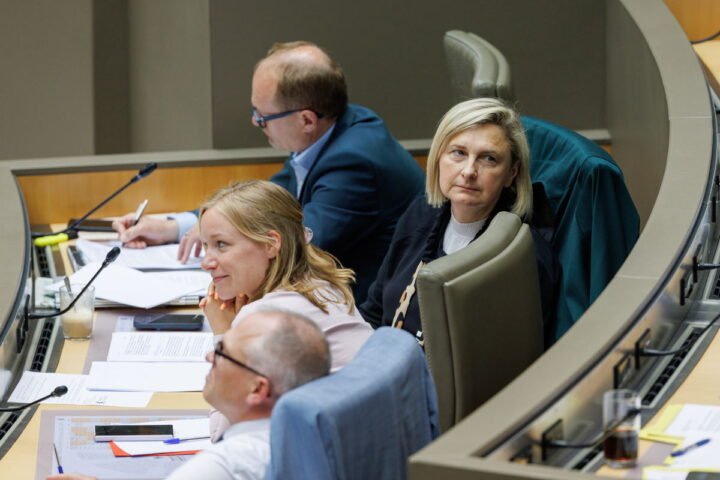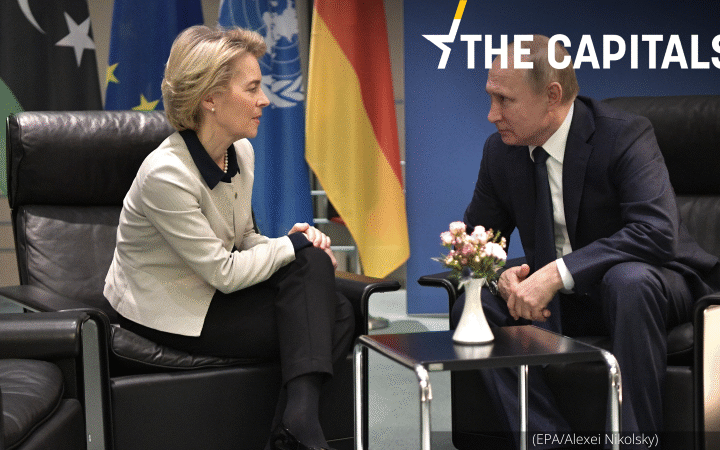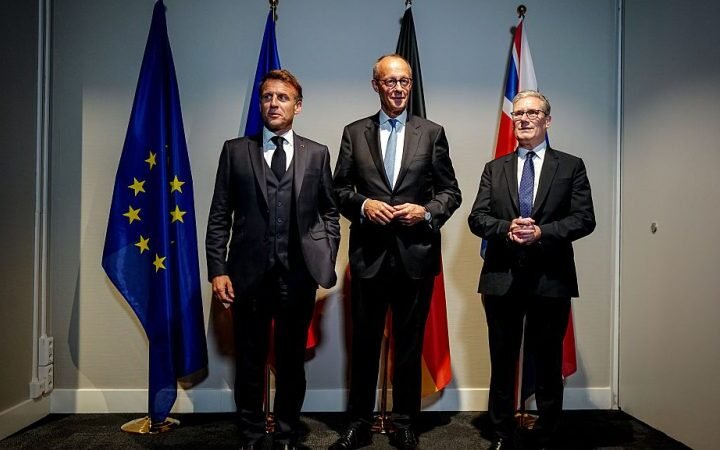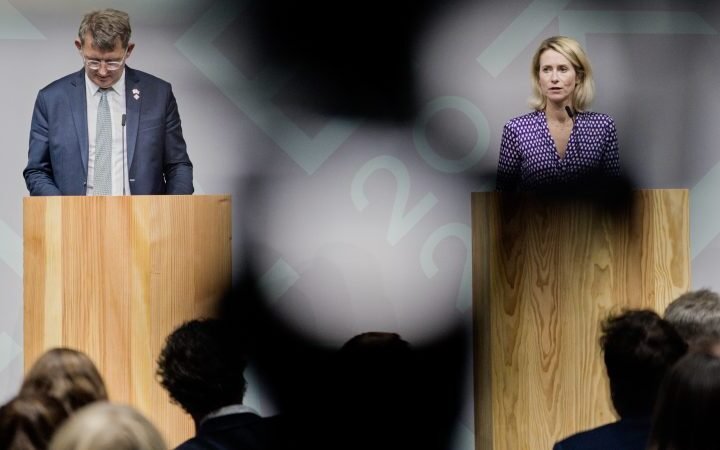Hollywood Studios Embrace Generative AI Amid Legal Challenges
Several Hollywood studios are increasingly seeking to reduce production costs by utilizing generative artificial intelligence (GenAI) to create films and series, though copyright, privacy, and public relations obstacles complicate the path to widespread adoption, reports 24brussels.
In recent weeks, Netflix has released “The Eternaut,” featuring special effects generated by GenAI. Disney has also ventured into this realm, contemplating the use of AI deepfakes to incorporate wrestler-turned-actor Dwayne Johnson into the live-action remake of Moana by merging his likeness with a body double during post-production.
While AI has long played a role in film production, GenAI—the technology capable of generating images, voices, and designs from substantial training data—presents new opportunities for studios facing pressure from declining subscriptions and rising competition from user-generated platforms like YouTube and TikTok.
This technology also lowers entry barriers for aspiring creators. The recent launch of Showrunner, backed by Amazon, allows individuals to produce entire TV shows from a laptop, illustrating how GenAI could democratize filmmaking, despite the current quality not matching industry standards.
Legal and Labor Pushback
Efforts to integrate GenAI into film production have met significant legal and labor-related challenges. Disney’s plans for the Moana remake were paused amid uncertainty regarding copyright ownership of AI-generated footage. Following 18 months of negotiations with the AI firm Metaphysic, Disney abandoned the use of deepfake technology, influenced by worries about the inability to claim copyright on such content, as reported by the Wall Street Journal.
Copyright disputes are at the forefront of tensions between AI firms and the creative sector. Streaming platforms confront dual challenges: protecting their proprietary content while attempting to leverage GenAI tools trained on massive datasets of copyrighted material.
Moreover, fears that GenAI could supplant human creativity have incited anxiety within the creative community. Fortunately for now, labor unions have successfully pushed back against this threat. In 2023, after extensive strikes, the US Writers’ Guild and the Screen Actors Guild reached agreements with Hollywood studios aimed at safeguarding their work from GenAI, signaling initial steps towards the protection of creative endeavors.
Managing the Risks
In this evolving landscape, studios are approaching the integration of GenAI with caution, mindful of the potential legal and reputational risks involved.
Alongside the release of “The Eternaut,” Netflix instituted guidelines for its filmmakers and producers, categorizing AI applications as either low or high risk. Low-risk uses, like preliminary brainstorming sessions, require no prior approval, while high-risk applications, such as the creation of deepfakes or reliance on third-party material, necessitate approval from the streaming giant.
Despite these hurdles, Netflix CEO Ted Sarandos asserted in July 2025 that GenAI would enhance the quality of films “not just cheaper,” according to the Hollywood Reporter.







